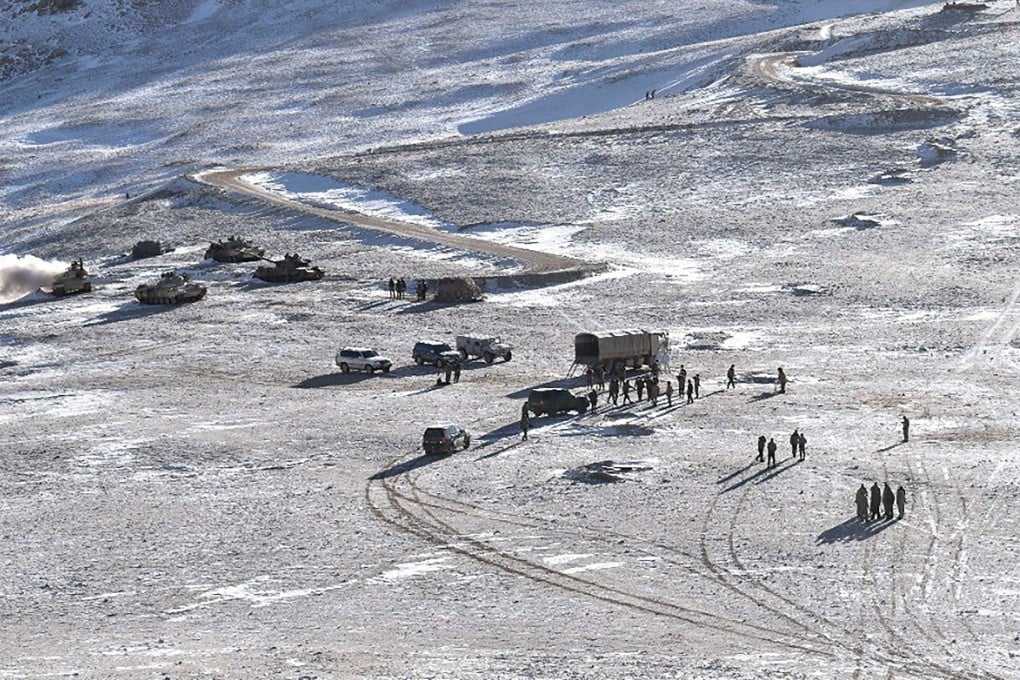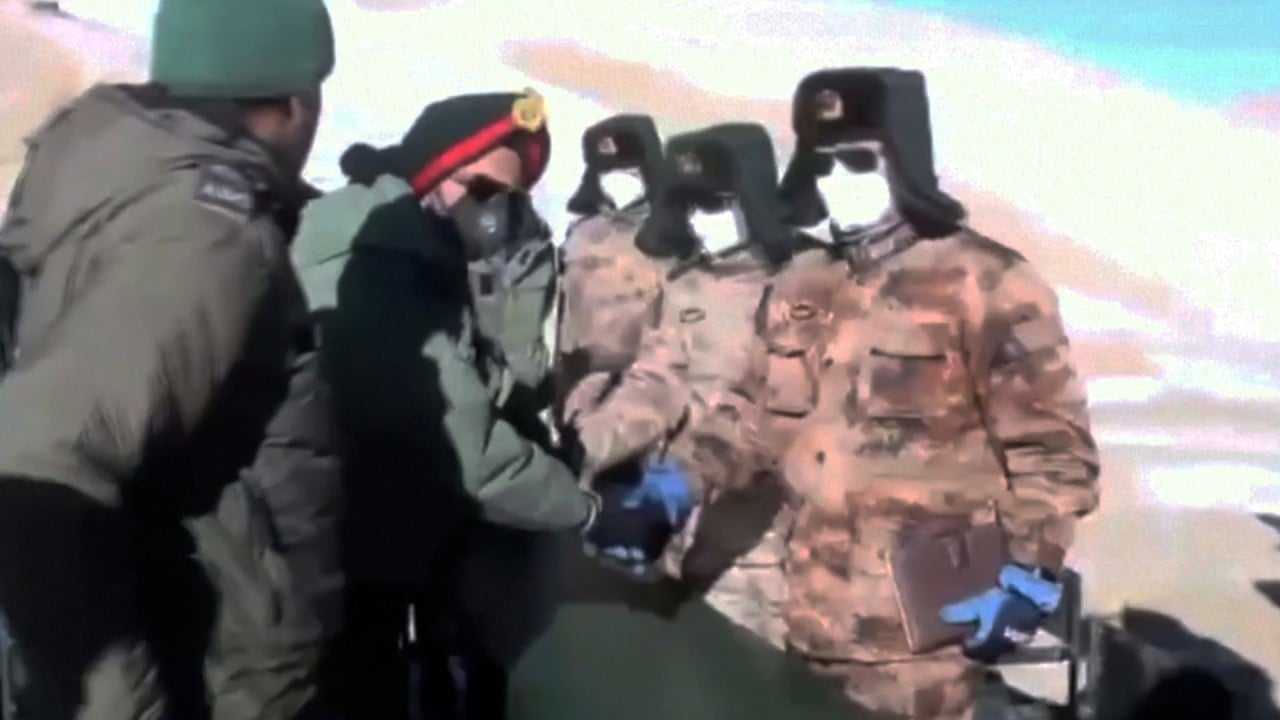China-India border row: a year after Galwan clash mistrust clouds peace prospects
- Both sides paid tribute to their soldiers who fought each other with clubs and rocks along the disputed border
- Risk of conflict persists, charged by misunderstanding and bad sentiment, observers say

While the first anniversary of the deadliest encounter in decades between the Indian and Chinese forces was a chance to remember the lives lost, defence and international relations analysts said it was also time to work together to prevent a recurrence of the incident. But for that to happen, trust needed to be rebuilt on a number of fronts, they said.
There were signs that Beijing was trying to avoid further friction, particularly around the anniversary, said Zhou Chenming, a researcher from the Yuan Wang military science and technology institute in Beijing.
“The low-profile memorial indicates that Beijing doesn’t want to incite national hatred between China and India, a vulnerable wound that has lasted for decades,” Zhou said. “Provoking national hatred will only lead bilateral relations to a dead end.”
However, the risk of conflict persists, according to Deependra Singh Hooda, a retired lieutenant general and former Northern Army commander of the Indian military.

